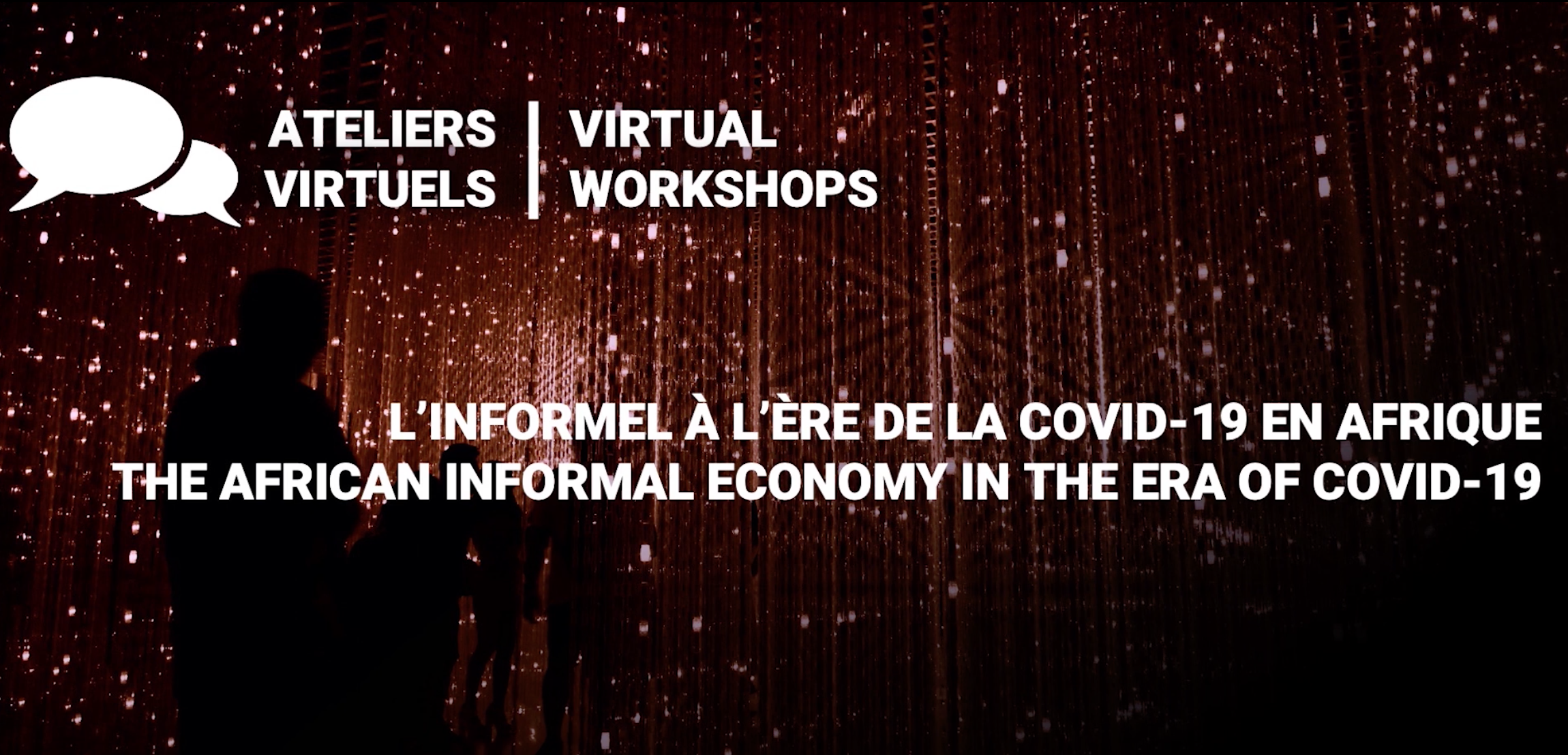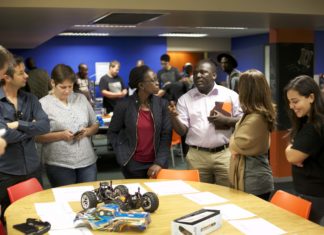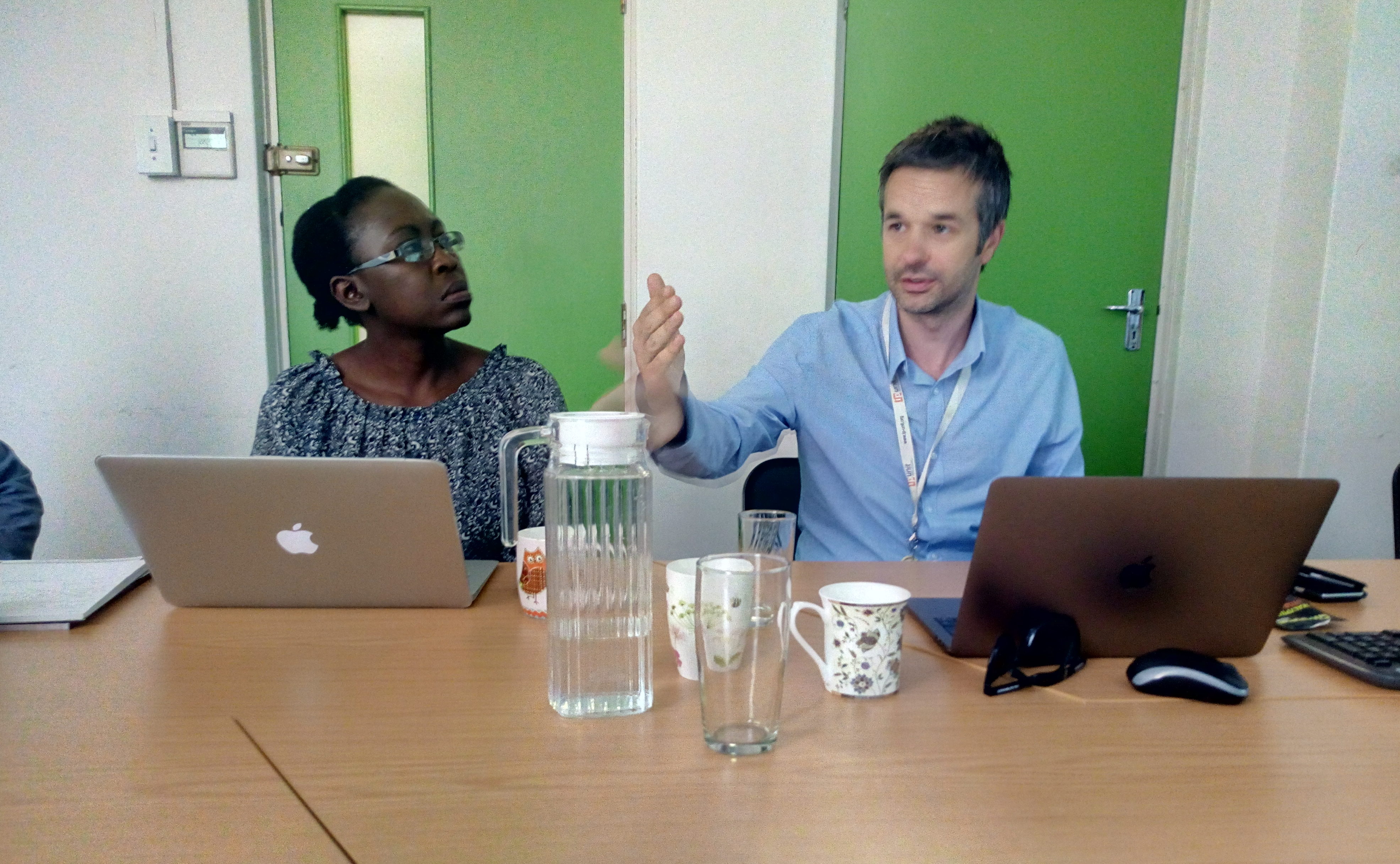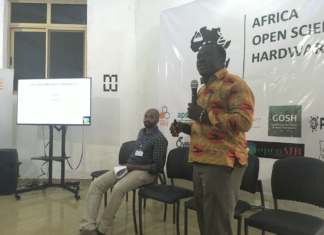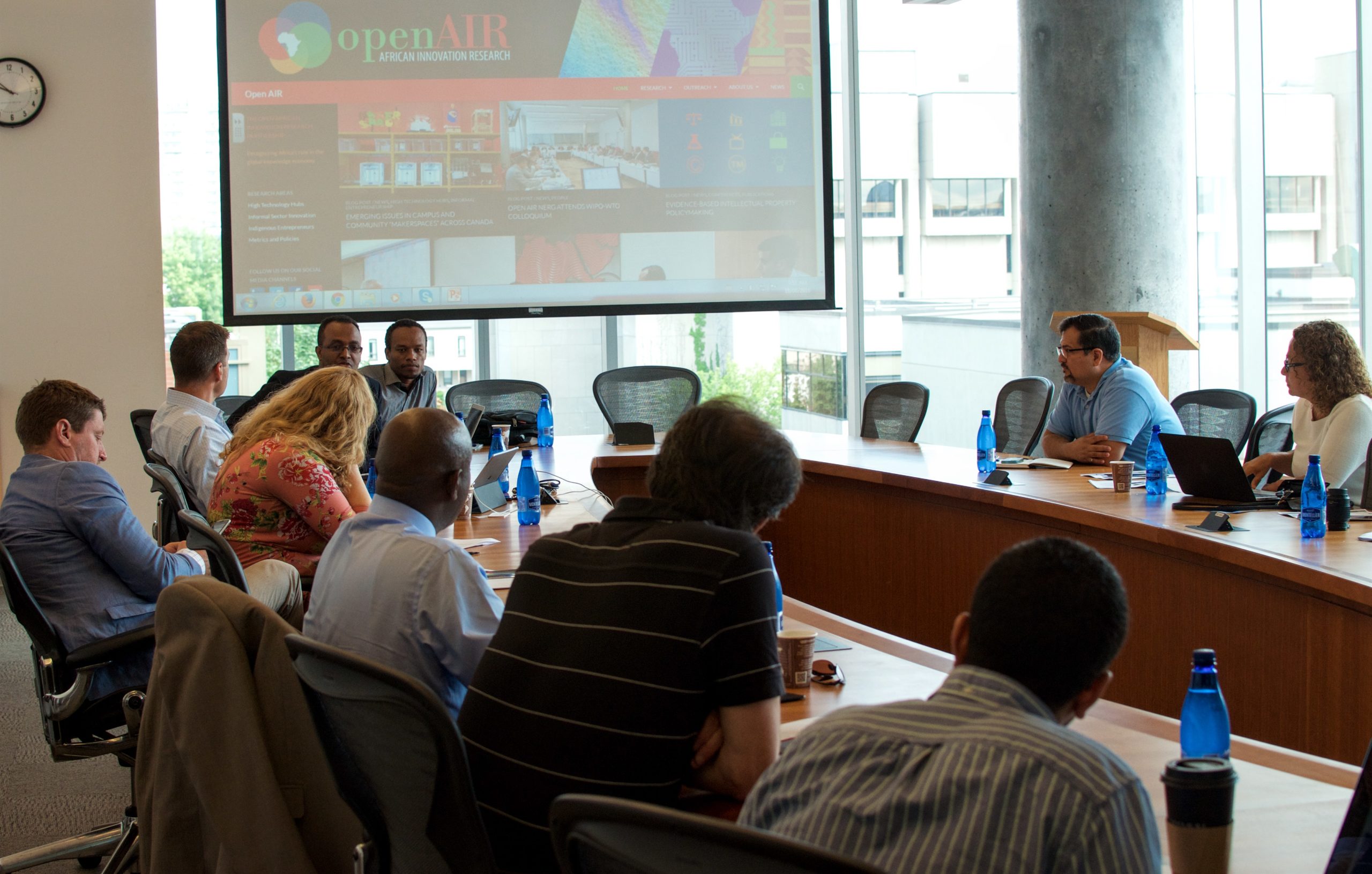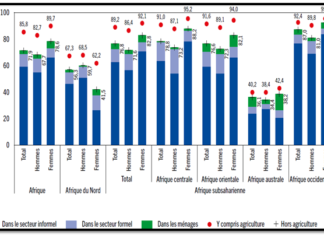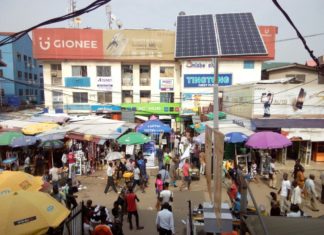Open AIR initie un débat intra-africain sur l’informel à l’ère de...
Par Abdelhamid Benhmade
En collaboration avec le Centre de recherche en droit, technologie et société (CDTS), DST/NRF/ Newton Fund Trilateral Research Chair in Transformative Innovation, et,...
Open Call for Case Studies
Open AIR is calling for African case studies that shed light on the following two overarching research questions:
How can open collaborative innovation help businesses scale up and seize the new opportunities of a global knowledge economy?
Which knowledge governance systems will best ensure that the social and economic benefits of innovation are shared inclusively across society as a whole?
Open AIR hosts South African Maker Movement Workshop
Enthusiasts and researchers gathered on Friday, March 3, 2017 to share research on the growing African maker movement. The workshop was hosted at the Institute for Economic Research on Innovation at the Tshwane University of Technology in Pretoria, South Africa.
Workshop on Integrating Gender Perspectives into Research Projects: Focusing on Social...
By Desmond Oriakhogba
Recently, Open AIR participated in a workshop which focused on the integration of gender perspectives into research projects aimed at promoting social...
Historic Gathering of Africa’s Open Science Hardware (OSH) Innovators – the...
By Chris Armstrong
Open AIR was privileged to be a supporting partner of the inaugural AfricaOSH Summit, held 13-15 April 2018 at the Kumasi Hive...
Open AIR at TFi4SD Africa
By Erika Kraemer-Mbula
The 2018 Annual Economic Summit, was organised by the Global Economic Institute in partnership with the Government of the Canary Islands. It...
“Making” Innovation Happen: Open AIR Hosts a Successful Workshop on the...
How the world evolves in the next decade (and beyond) may be dependent upon a new-age movement re-instilling age-old skills: the maker movement. In my ongoing research into the maker movement in Canada and South Africa (see earlier posts here and here), I recently co-hosted a workshop in Ottawa with attendees from the University of Ottawa, representatives of makerspaces in the community, and those with knowledge about makerspaces elsewhere in the world.
L’innovation au service de l’informel à l’ère de la COVID-19
Par : Abdelhamid Benhmade
La COVID-19, et si nous en profitons pour renouer des liens plus étroits avec l’informel? Nombreuses sont les personnes frappées de...
Understanding the Dynamics of Knowledge Transfer in Nigeria’s Otigba Hardware Cluster
So what is the Otigba Computer Village? Oyelaran-Oyeyinka in 2006 described it as the biggest ICT hub of West Africa – perhaps the biggest ICT market in all of Africa – because of the size and the volume of business activities carried out on a daily basis within the cluster. The research I have been conducting looks at the knowledge dynamics at play in the informal ICT businesses in the cluster, with a view to understanding how these dynamics drive informal enterprises’ innovation and scaling-up. While other studies of the cluster have evaluated the size and capacity of the cluster, the evolution of the cluster, mode of operation, performance, sustainability and constraints, there are no studies looking at how the local businesses identify new and useful knowledge. With over 5000 businesses in the cluster, there is bound to be knowledge exchange either through spillover or conscious transfer. How is this happening?
À la découverte de la « Darky » : une imprimante 3D fabriquée au...
Par Thomas Hervé Mboa Nkoudou
La difficulté d’accès à l’équipement est souvent pointée comme l’un des principaux problèmes dont souffrent les makerspaces en Afrique. Et...

